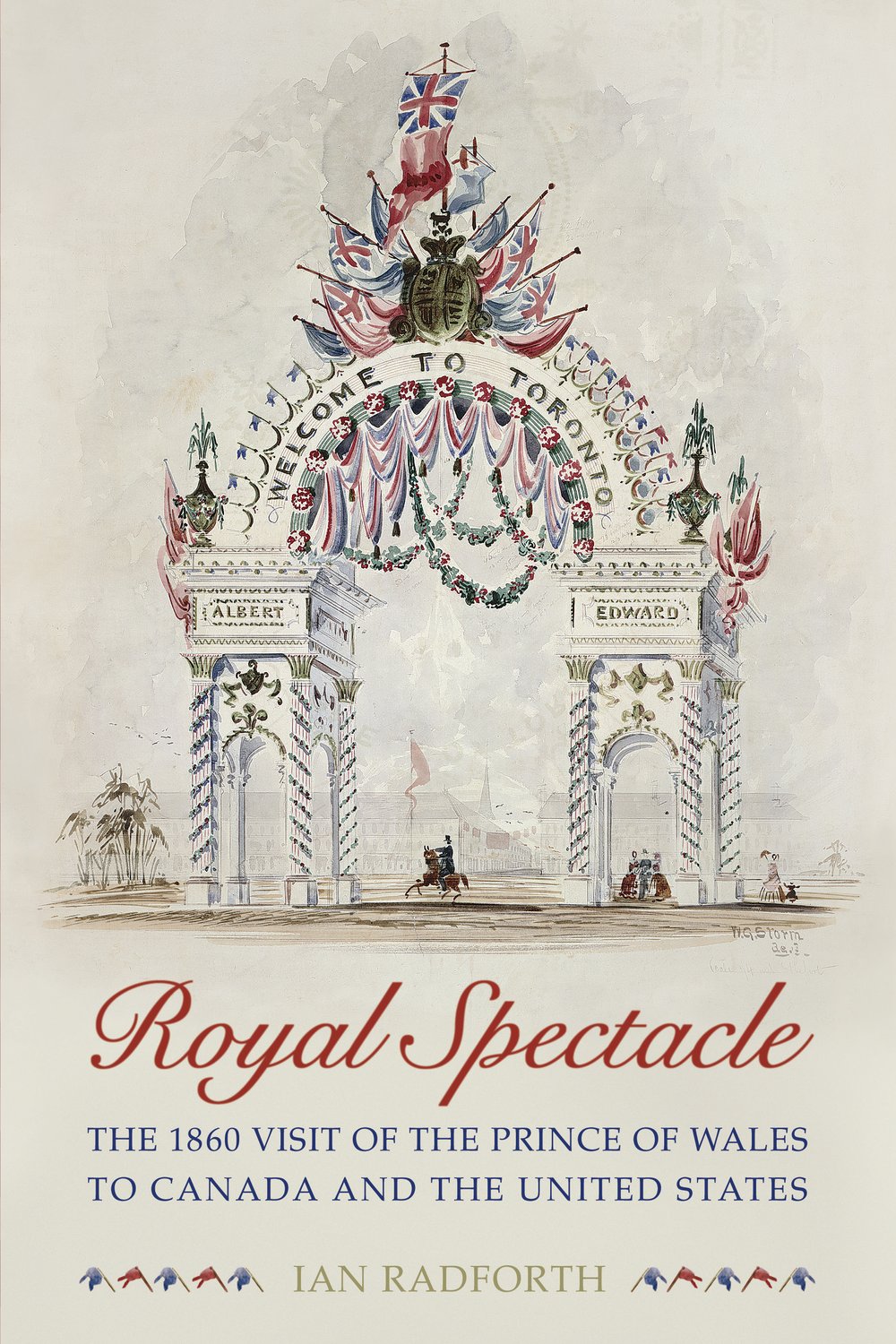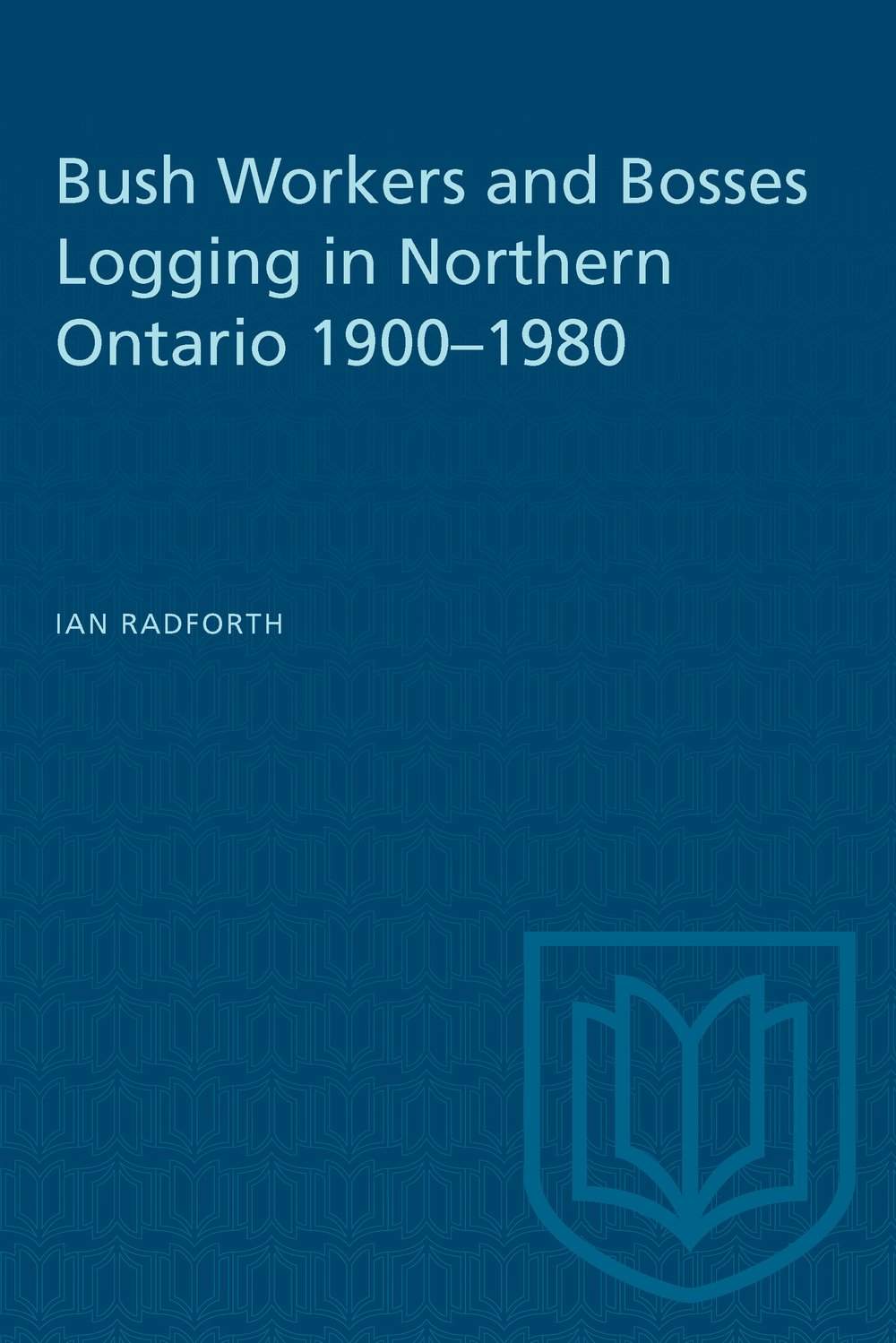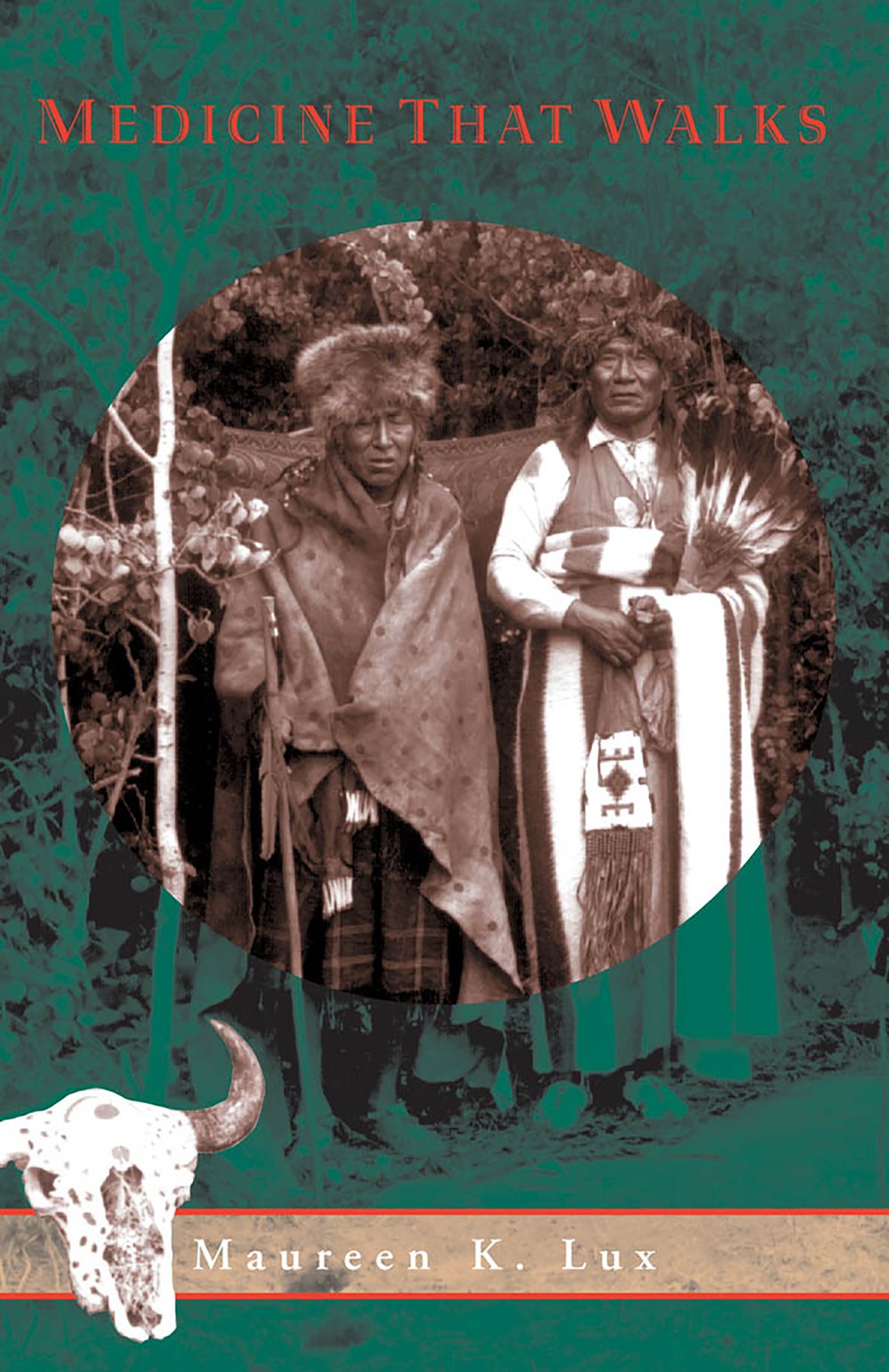Royal Spectacle
The 1860 Visit of the Prince of Wales to Canada and the United States

In 1860, Queen Victoria sent her eighteen-year-old son, Albert Edward, Prince of Wales, on a goodwill mission to Canada and the United States. The young heir-apparent (later King Edward VII) had not yet gained his reputation as a fashion setter and rake, but he nevertheless attracted enormous crowds both in Canada, where it was the first royal visit, and in the United States. Civic leaders hosted the visitor in princely style, decorating their towns with triumphal arches and organizing royal entries, public processions, openings, and grand balls.
In Royal Spectacle, Ian Radforth recreates these displays of civic pride by making use of the many public and private accounts of them, and he analyses the heated controversies the visit provoked. When communities rushed to honour the prince and put themselves on display, social divisions inadvertently became part of the spectacle seen by the prince and described by visiting journalists. Street theatre reached a climax in Kingston, where the Prince of Wales could not disembark from his steamer because of the defiance of thousands of Orangemen dressed in their brilliant regalia and waiving their banners.
Contemporary depictions of the tour provide an opportunity to interpret the cultural values and social differences that shaped Canada during the Confederation decade and the United States on the eve of the Civil War. Topics explored include Orange-Green conflict, First Nations and the politics of public display, contested representations of race and gender, the tourist gaze, and meanings of crown and empire. An original and erudite study, Royal Spectacle contributes greatly to historical research on public spectacle, colonial and national identities, Britishness in the Atlantic world, and the history of the monarchy.







